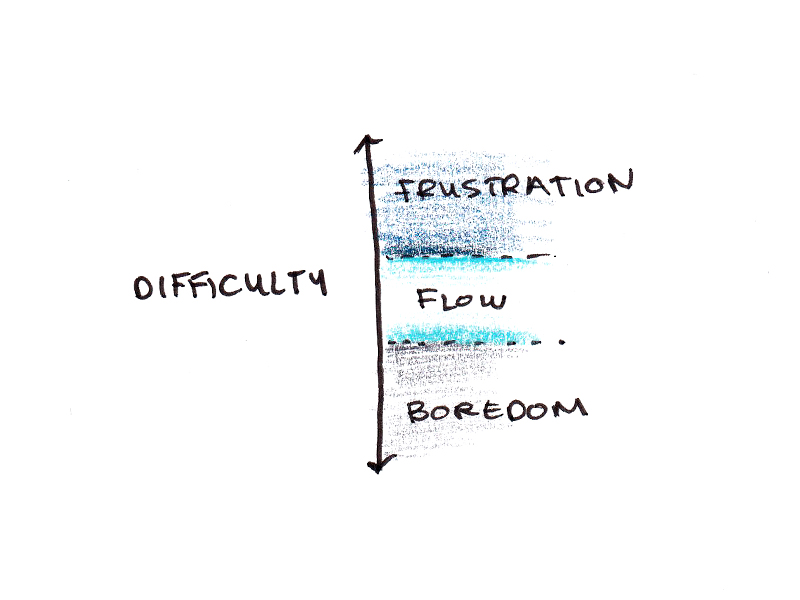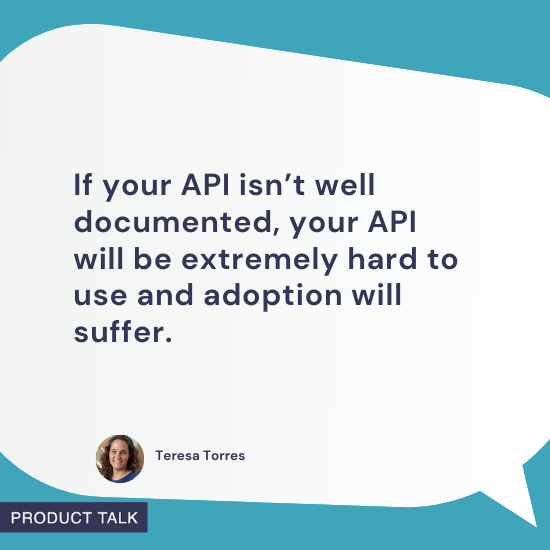How should I respond to rude comments at work?
Welcome to Pressing Questions, Fast Company’s work-life advice column. Every week, deputy editor Kathleen Davis, host of The New Way We Work podcast, will answer the biggest and most pressing workplace questions. Q: How should I respond to rude comments at work?A: If I were to make a pie chart of most people’s complaints about work, the actual work would be one of the smallest slices. Bad bosses and annoying coworkers would take up the biggest slices, for sure.There are a few factors to consider if someone in your office is making rude comments. Is it a one-off or part of a pattern? If someone who is usually pleasant to work with says something rude out of the blue, it’s likely not worth making a huge deal out of it. You can respond with humor, as contributor Mita Mallick suggests. “This can sometimes deflect the situation, disarm and catch the bully off guard. Using humor can shift focus away from the hurtful comment that was made in the moment.” A well-put sarcastic response to a rude comment can serve the double purpose of calling it out and shutting it down. Give them the benefit of the doubt that some other stress is impacting their behavior or they just put their foot in their mouth. If it’s part of a pattern If the rude comments are part of a pattern and are directed at you, and you feel comfortable, you can call the person out either publicly or privately. A public callout: A callout can be as simple as just repeating the comment back to them: “Did you just tell me I should smile more?” or as direct as “Calling my idea lowbrow is pretty insulting.” This approach certainly puts them on the spot and will likely cause them to get defensive, but it will probably make an impact.A private chat: If you want to be a little less confrontational about it, you can discuss the issue with them privately after. Start simple: Ask if you can speak with them at a time when you feel calm and there are no distractions. Then be direct but don’t make assumptions. Try something like, “When you call my ideas ‘lowbrow’ in a meeting, it feels really insulting. Is there a reason why you say things like that?” Or, “Please don’t comment on my appearance.” Again, it’s likely that they will get defensive, but don’t engage in an argument. They might say, “It was just a joke,” or, “It wasn’t my intention to offend you.” Neither of those things matter; what matters is they said something that you found offensive and they shouldn’t say it again. Let them know that and end the conversation. If it’s still happening If you confront the person insulting you and it keeps happening, or if you don’t feel comfortable confronting them, go to your direct manager. It’s a manager’s job to deal with these kind of uncomfortable interpersonal relationships and sometimes people are apt to take things more seriously if it comes from someone slightly higher up on the org chat. Talking to your manager about it also creates a record if the issue ends up needing to be escalated to HR or upper management. Need more advice on dealing with rude comments at work? Here you go: 5 questions to ask before you take that comment personally Why rudeness at work Is so contagious How to respond to public bullying at work Stung by your boss’s comment? Here’s what to do next How to deal with a passive-aggressive coworker

Welcome to Pressing Questions, Fast Company’s work-life advice column. Every week, deputy editor Kathleen Davis, host of The New Way We Work podcast, will answer the biggest and most pressing workplace questions.
Q: How should I respond to rude comments at work?
A: If I were to make a pie chart of most people’s complaints about work, the actual work would be one of the smallest slices. Bad bosses and annoying coworkers would take up the biggest slices, for sure.
There are a few factors to consider if someone in your office is making rude comments.
Is it a one-off or part of a pattern?
If someone who is usually pleasant to work with says something rude out of the blue, it’s likely not worth making a huge deal out of it. You can respond with humor, as contributor Mita Mallick suggests. “This can sometimes deflect the situation, disarm and catch the bully off guard. Using humor can shift focus away from the hurtful comment that was made in the moment.”
A well-put sarcastic response to a rude comment can serve the double purpose of calling it out and shutting it down. Give them the benefit of the doubt that some other stress is impacting their behavior or they just put their foot in their mouth.
If it’s part of a pattern
If the rude comments are part of a pattern and are directed at you, and you feel comfortable, you can call the person out either publicly or privately.
A public callout: A callout can be as simple as just repeating the comment back to them: “Did you just tell me I should smile more?” or as direct as “Calling my idea lowbrow is pretty insulting.” This approach certainly puts them on the spot and will likely cause them to get defensive, but it will probably make an impact.
A private chat: If you want to be a little less confrontational about it, you can discuss the issue with them privately after. Start simple: Ask if you can speak with them at a time when you feel calm and there are no distractions. Then be direct but don’t make assumptions. Try something like, “When you call my ideas ‘lowbrow’ in a meeting, it feels really insulting. Is there a reason why you say things like that?” Or, “Please don’t comment on my appearance.”
Again, it’s likely that they will get defensive, but don’t engage in an argument. They might say, “It was just a joke,” or, “It wasn’t my intention to offend you.” Neither of those things matter; what matters is they said something that you found offensive and they shouldn’t say it again. Let them know that and end the conversation.
If it’s still happening
If you confront the person insulting you and it keeps happening, or if you don’t feel comfortable confronting them, go to your direct manager. It’s a manager’s job to deal with these kind of uncomfortable interpersonal relationships and sometimes people are apt to take things more seriously if it comes from someone slightly higher up on the org chat. Talking to your manager about it also creates a record if the issue ends up needing to be escalated to HR or upper management.
Need more advice on dealing with rude comments at work? Here you go:





































































































![Building A Digital PR Strategy: 10 Essential Steps for Beginners [With Examples]](https://buzzsumo.com/wp-content/uploads/2023/09/Building-A-Digital-PR-Strategy-10-Essential-Steps-for-Beginners-With-Examples-bblog-masthead.jpg)





![How One Brand Solved the Marketing Attribution Puzzle [Video]](https://contentmarketinginstitute.com/wp-content/uploads/2025/03/marketing-attribution-model-600x338.png?#)





































